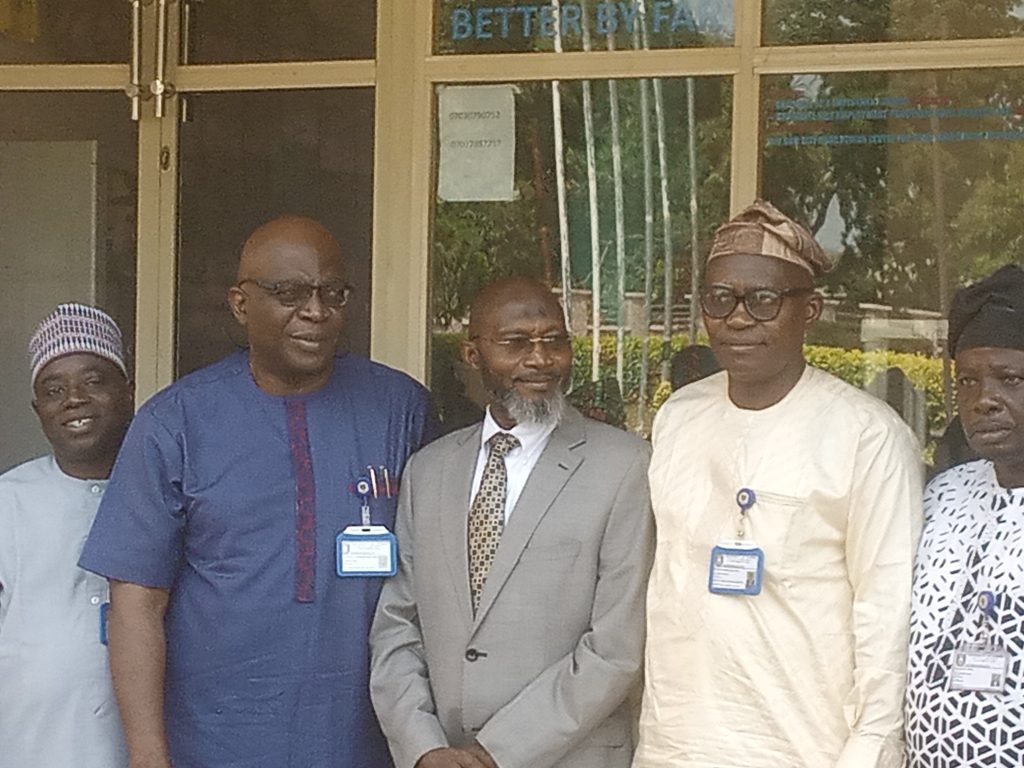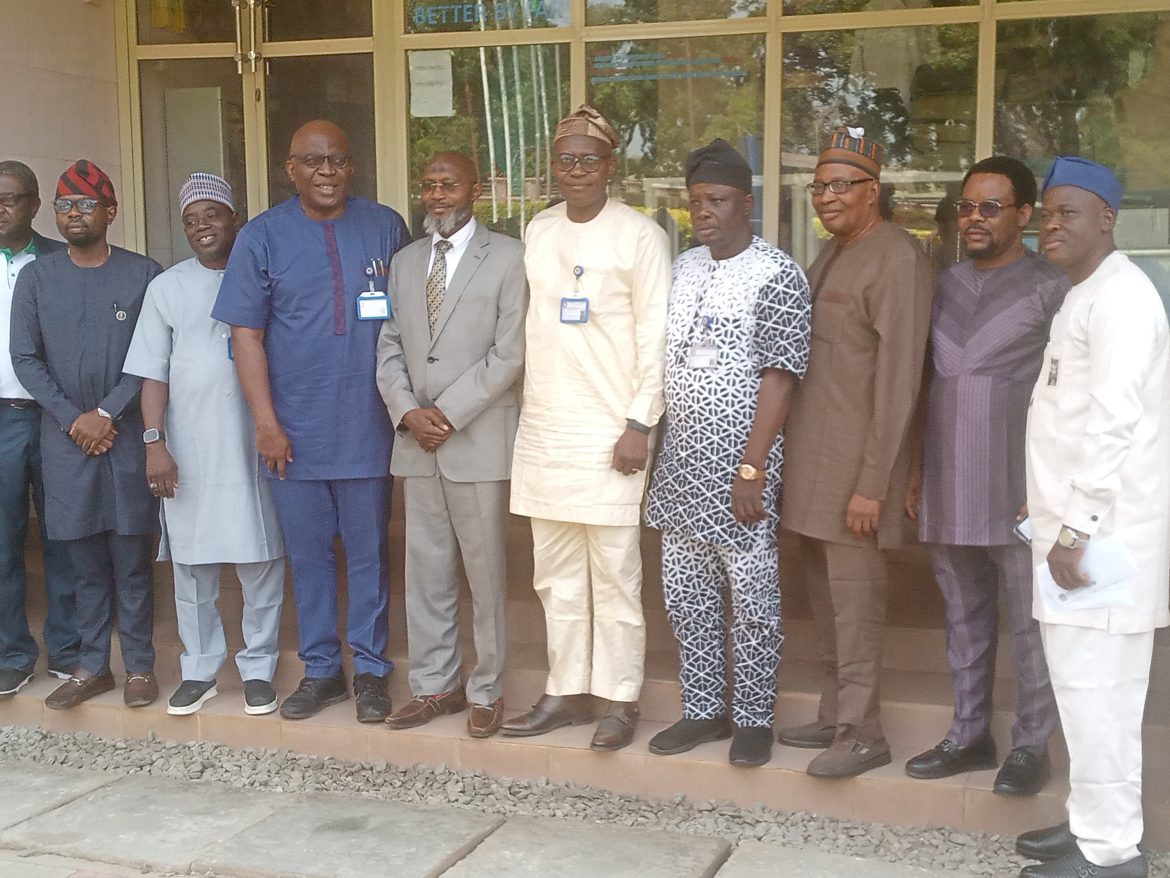The Faculty of Management Sciences, University of Ilorin, held its second annual public lecture of on Wednesday, focusing on the theme “Government Economic Policies: Prospects, Challenges, and the Way Forward for Businesses and Households.”
The event, hosted at the institution’s auditorium, brought together scholars, policymakers, business leaders, traditional rulers, and other stakeholders to explore the impact of government economic policies on businesses and households. It also examined the challenges hindering Nigeria’s economic growth and proposed actionable solutions.
Keynote addresses were delivered by Dr. Kamoru Yusuf, CEO of Kamwire Industries, and Mr. Segun Maleghemi, Chief Innovation Officer at Quaranaos Technology Ltd.
Dr. Yusuf’s paper, presented by Mr. Abdulfattah A. Adeyemi, General Manager of Corporate Services at Kamwire Industries, centered on “Trade Policies and Global Competitiveness.” He emphasized the role of international trade agreements, tariffs, and other policy instruments in shaping domestic businesses and consumer choices.
While trade liberalization can spur economic growth, encourage exports, and create jobs, Dr. Yusuf highlighted challenges such as trade deficits, increased competition for local industries, and job displacement. He called for a balanced approach, advocating gradual tariff reductions and stronger regional trade agreements like the African Continental Free Trade Area (AfCFTA) to enhance Nigeria’s economic integration and competitiveness.
Dr. Yusuf expanded on this, providing a detailed analysis of tariff policy instruments such as customs duties, import quotas, anti-dumping duties, and safeguard measures. He noted that trade policies are essential for achieving economic growth, job creation, industrial development, and environmental protection.
Delving into various trade theories, Dr. Yusuf explained how free trade, protectionism, mercantilism, and comparative advantage have influenced global economic strategies. He urged Nigeria to focus on industries where it has a competitive edge while balancing open trade policies with protective measures to shield domestic industries.
He also highlighted the dual impacts of trade liberalization: while it boosts exports, foreign investment, and job creation, it can also lead to trade deficits, job displacement, and environmental challenges.

Addressing Nigeria’s economic struggles, exacerbated by structural inefficiencies and the COVID-19 pandemic, Dr. Yusuf called for strategic and innovative trade policies to combat high inflation, currency depreciation, and the growing debt burden.
The guest speaker, Mr. Segun Maleghemi, who discussed “Digital Economic Policies: Innovation, Privacy, and Cybersecurity.” His presentation examined the government’s approach to technology adoption, data protection, and cybersecurity in the digital age.
Mr. Maleghemi stressed the importance of fostering innovation while safeguarding consumer privacy and national security. He highlighted frameworks such as the National Data Protection Regulation (NDPR) and the Cybersecurity Act, pointing out gaps in enforcement and the need for policies that balance innovation with effective regulation.
He cautioned against overly punitive measures that stifle technological advancement and emphasized the importance of stakeholder collaboration to create innovation-friendly policies.
Mr. Maleghemi recommended clearer enforcement mechanisms, improved cybersecurity measures, and consistent dialogue between the government, businesses, and consumers to address regulatory challenges.
Earlier, in his welcome address, Prof. R.A. Gbadeyan, Dean of the Faculty of Management Sciences, described the lecture as a bridge between academic research and real-world challenges. He urged participants to embrace actionable insights to advance society.
Prof. Abubakar S. Kasum, Chairman of the Local Organizing Committee, highlighted the urgency of addressing Nigeria’s structural bottlenecks, high lending rates, and policy inconsistencies. He called for reforms in agricultural productivity, infrastructure development, and financial inclusion to foster economic growth.
Participants at the event stressed the need for policy consistency, diversification of the economy, and strategic public-private partnerships. They emphasized improving infrastructure and strengthening regional trade collaborations to promote sustainable growth.
The lecture series continues to serve as a vital platform for critical discussions on Nigeria’s economic trajectory, offering insights into sustainable growth strategies for businesses and households.
